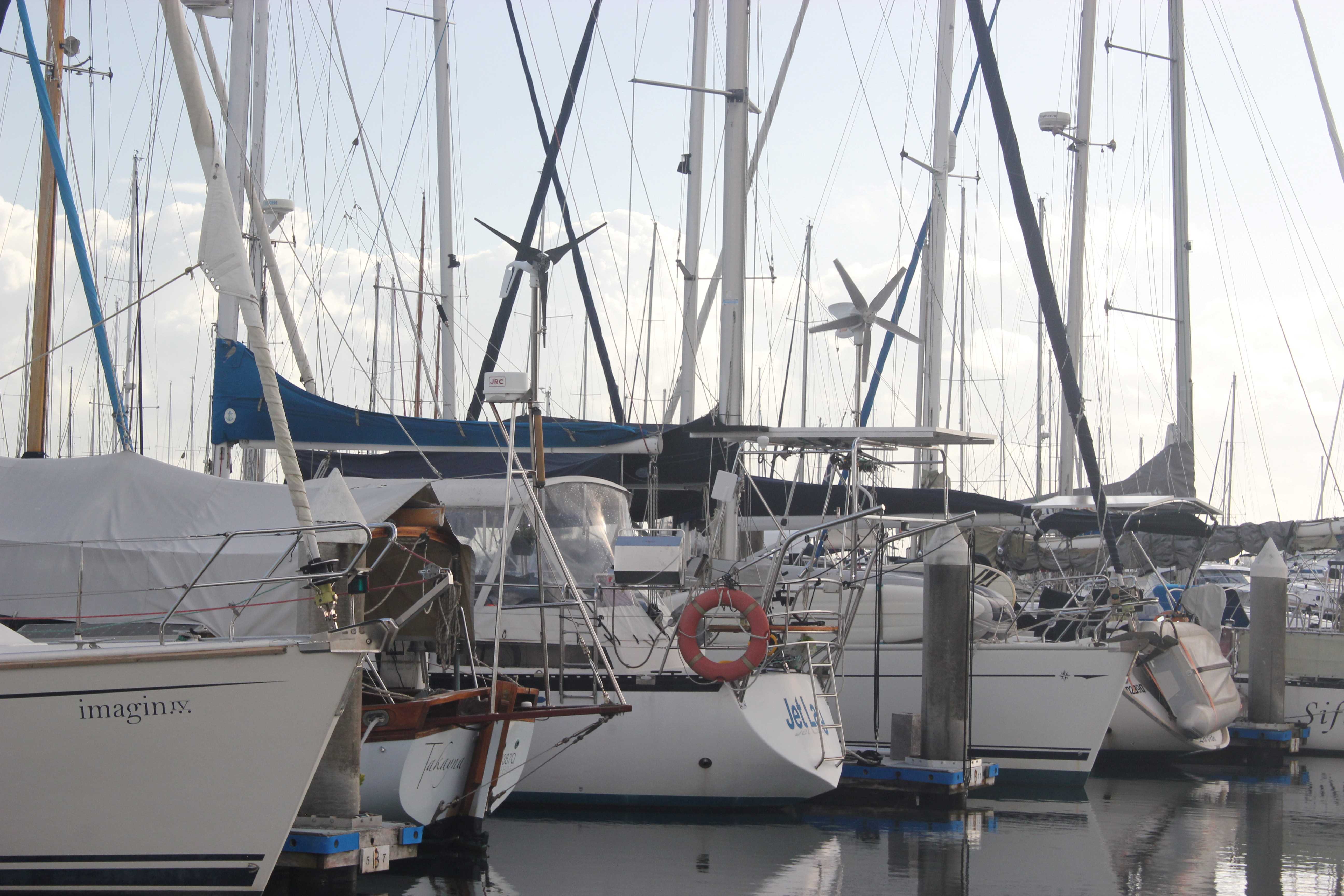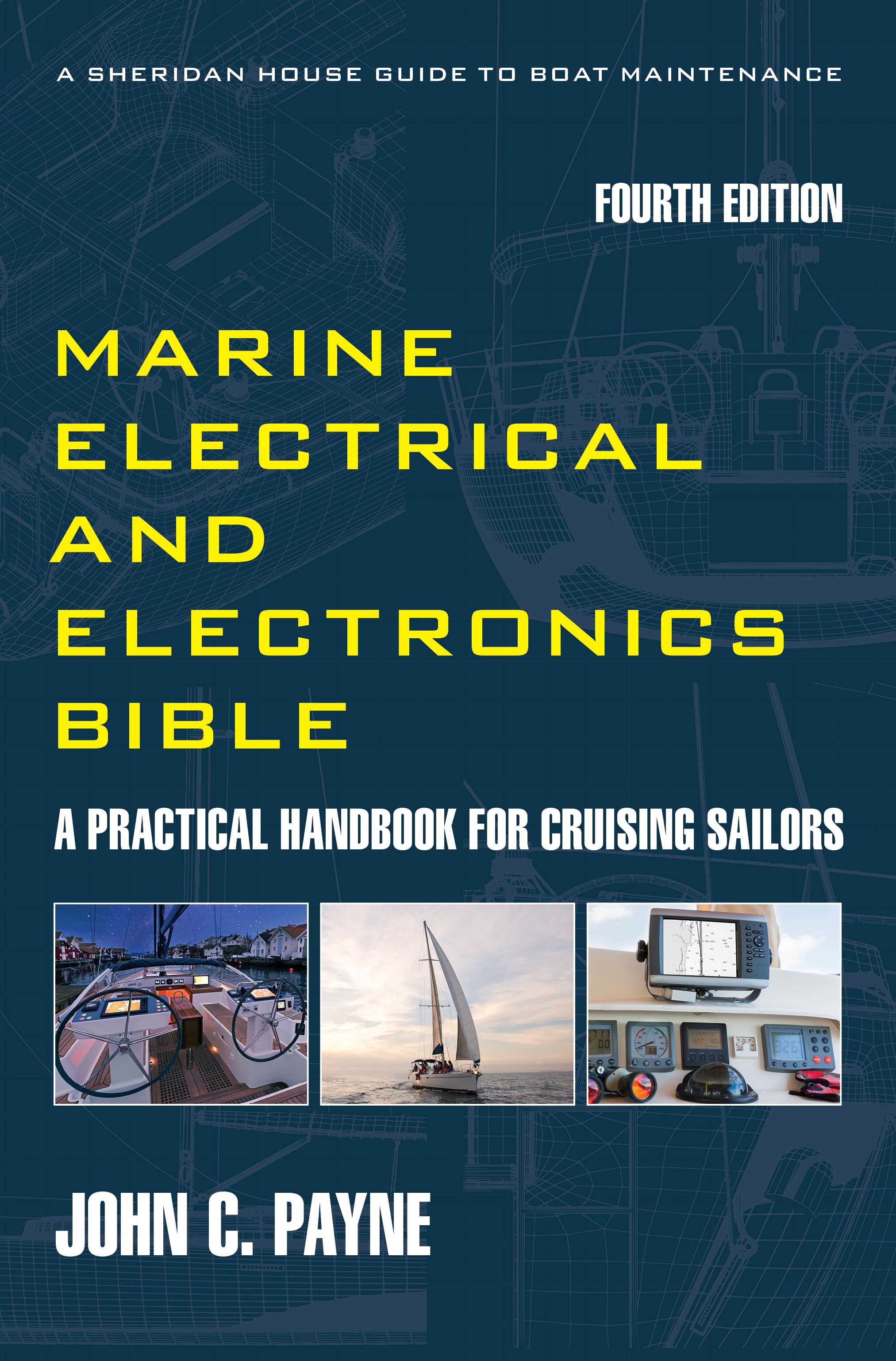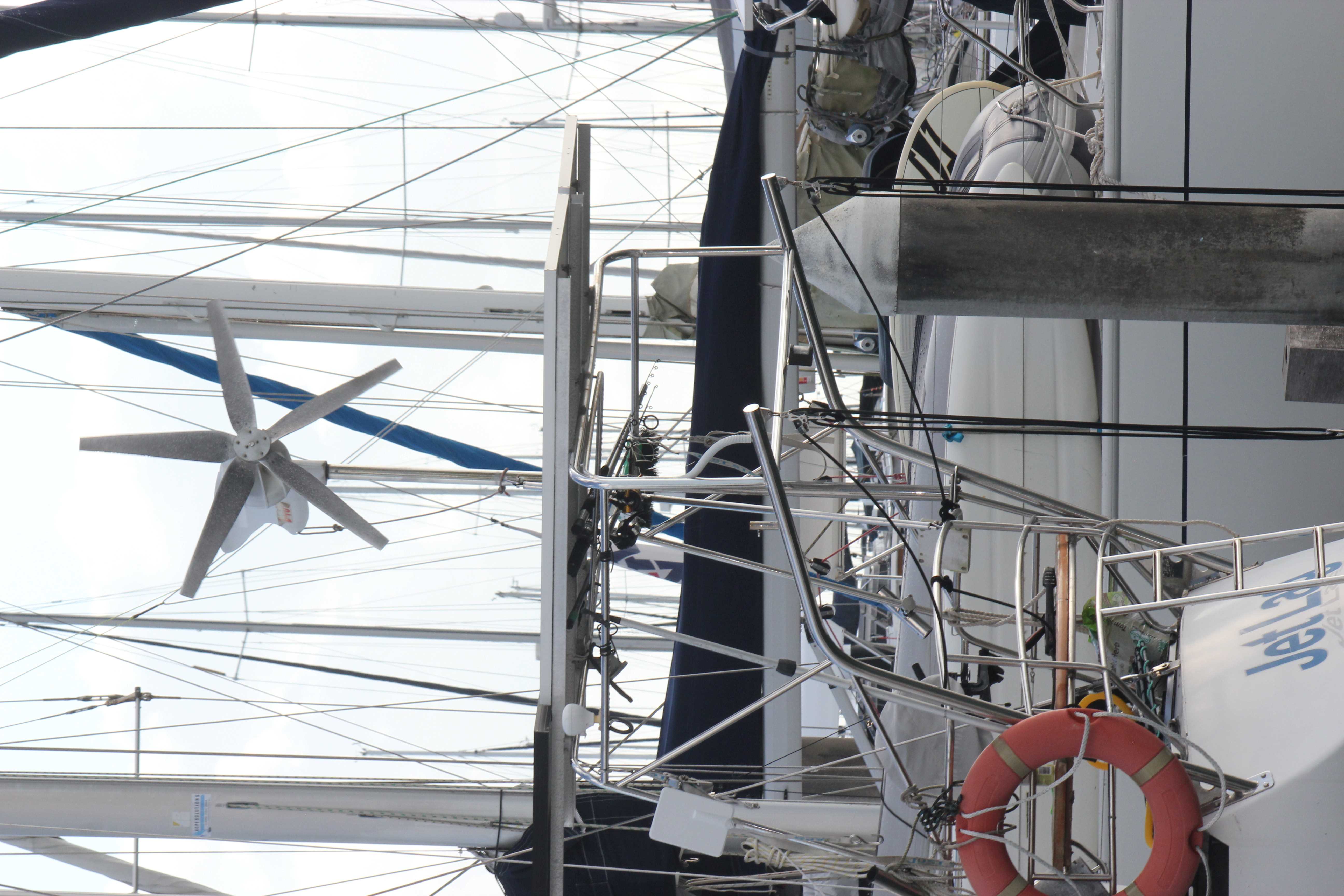Living
on a yacht
Living on a yacht is not for everyone, many try it and many decide that it doesn’t live up to expectations or the living space is too cramped or there is much more work to do than envisioned. For many the liveaboard dream is associated with cruising to far flung destinations, exploring exotic islands and so on. A guy on my marina is selling his really lovely yacht because his wife didn’t take to the life. Try before you buy is a good maxim. If you don’t know anyone then go on a sail charter vacation with a group, and understand what a week afloat means. Take a charter on a yacht type that you are considering, if you are looking at a catamaran then take a charter on that, even a weekend or day charter trip is useful. Having an experience on a lovely 55 foot luxury boat doesn’t help expectations if you are getting a 36 or 40 foot boat.
Living on a yacht - About Safety
Learning about your yacht or boat is the first step towards success and living aboard. A boat is made up of many systems and subsystems. You need to understand the basics of how to correctly operate each of them.
Safety is paramount, and how to safely move about a moving boat, which happens even in a marina from passing craft wash. The use of lifejackets and safety harnesses, deck jackstays, when to use flares and other safety equipment including EPIRBs, how to manage a fire on board, safe use of LPG gas, and how to avoid accidents, such as lacerations or broken limbs and sprains. Effective use of a properly prepared first aid kit is important, and the use of life rafts and man overboard situations. It is a very big list.
Start with spars and standing rigging and then understand the running rigging and the associated deck fittings such winches, blocks and pulleys. What halyard or sheet does what? how should it be correctly configured when sailing? Initially it can be overwhelming but hands on activities and familiarization work every time.
Living on a yacht - About Systems
The engine and related systems need to be fully understood. How to refuel and how the system is installed. You need to be able to service the engine yourself as the cost for getting a service guy down, assuming you actually get one are very expensive on a liveaboard cruising budget. My marina has a 3 months waiting list for a simple service. So changing oil, oil filters and fuel filters is well worth the effort.
Water systems are essential, how to maintain them, how to economize on water usage, how long can you shower for when away from a marina, how much hot water can be used. Then the issue of clean and safe potable drinking water. The subject of toilets and holding tanks and so on is a big issue. For liveaboards who stay local on a marina or in estuarine or near coastal waters there are very stringent rules and regulations for discharges with big penalties for breaking them.
The subject of anchors, anchoring and anchor handling is an important subject to learn, and how to safely operate an anchor windlass.
Electrical systems are important, and often the source of consternation and confusion. Battery power and how to charge them is the main subject and this includes the newer technologies such as Lithium-ion. The subject of alternative energy then comes into play if you depart the marina regularly. Understanding legalities around navigation lighting is also important along with interior lights. The all important subjects of AC power systems, inverters, shore power and generators needs basic understanding. Linked to this is corrosion and lightning protection.
The galley is critical path to having a successful life as a liveaboard. Limited refrigeration space, limited working areas, a two burner stove with an oven are the usual. It can be challenging to plan, store and cook meals. You can go from hero to zero with poor food.
Marine electronics is a big subject, and you will need to learn all about communications systems, how to use them in an emergency along with all the regulations and licensing requirements. Then there are subjects such as radar, instruments, autopilots, electronic charting, AIS, satcoms and internet access and so on.
Living on a yacht - Sailing
Learning how to sail is another important step towards a successful life as a liveaboard. I fell in love with sea and boats at an early age. I started when I fronted up and got a crew job with a tyrant of a skipper on a two person high performance dinghy class. He had no crew and I was the only person available, so steep learning curve indeed and eventually I got it right with much patience and excessive shouting and expletives. I soon found other positions and improved and learnt before getting my own boat. After many capsizes, asking many questions, copying successful sailors and getting involved in the competitive end of things and enjoying the racing I finally became somewhat competent. Learning to sail is a step many try and short cut, there is no short cut and theory only takes you so far, practical experience is everything. Learning on a small boat soon develops your competence and an understanding of how wind, wave and tide work, make a mistake and you go swimming. I see all the youngsters doing sail training on small dinghy classes pass me daily. Also I see day sail training yachts go out as well. If you get some basic skills then get some crewing on a boat and then embark on competent crew, or day skipper courses you start to build out a broad understanding of how to sail. Every so often I go and rent a Laser and spend a few hours practicing. Be a successful liveaboard and learn as much as you can. Living on a boat requires lots of learning.


